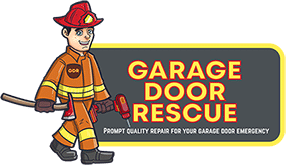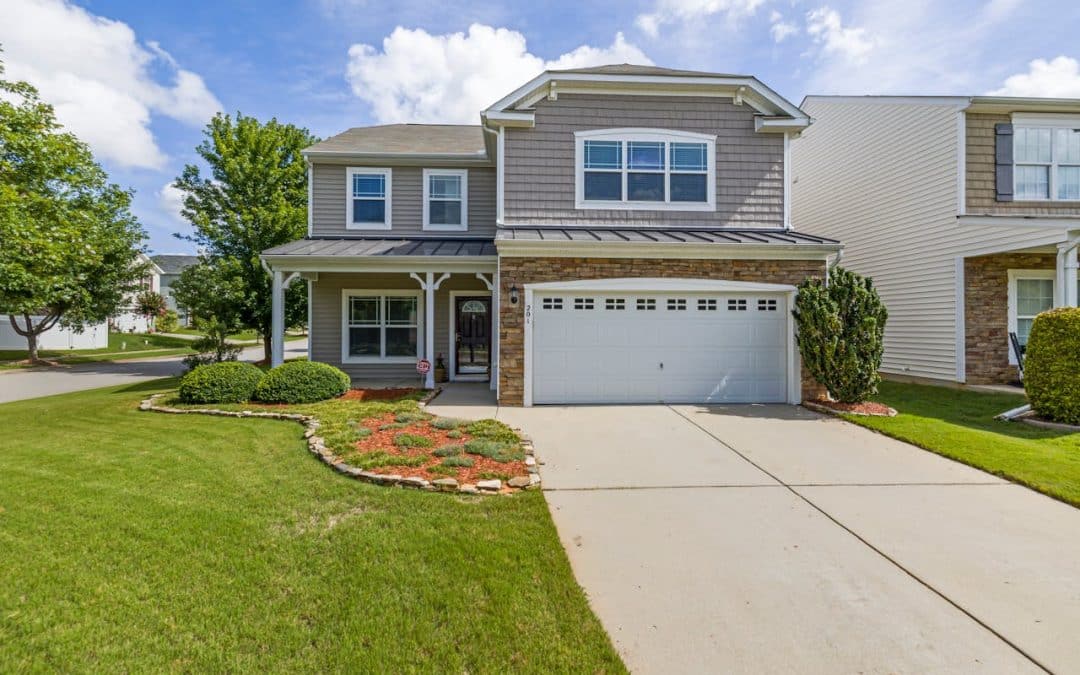Dealing with a garage door that opens at a snail’s pace can be frustrating. Imagine waking up to a busy day and watching your garage door slowly inching up, eating away precious minutes. This gradual movement is more than just inconvenient—it can be a sign that something is wrong. It could even compromise the security of your home, as a faulty door might not work properly when you need it the most.
Keeping your garage door in top shape is important for both your peace of mind and your property’s security. Regular maintenance plays a big part in making sure everything runs smoothly. Addressing the issue promptly not only saves you future headaches but also minimizes unexpected expenses. By understanding the common reasons behind a slow-moving garage door, you can take the right steps to resolve the problem.
Common Causes of a Slow-Opening Garage Door
If your garage door seems to be dragging its feet, there are several potential culprits. Here’s a closer look at some of the most common causes:
- Worn-Out Springs and Cables: Springs and cables play a big role in lifting the weight of your garage door. Over time, they can wear out or become damaged, making it harder for the door to open smoothly.
- Malfunctioning Garage Door Opener: Sometimes the problem lies with the garage door opener. If it’s not functioning properly, it may cause the door to move slowly or struggle to open entirely.
- Lack of Proper Lubrication: Like any machine with moving parts, your garage door needs lubrication to function well. Without regular lubrication, components can become stiff, causing the door to open sluggishly.
- Issues with the Door Tracks and Rollers: Dirt, debris, or damage to the tracks and rollers can create friction and resistance. This might make it tough for the door to glide smoothly as it should.
Knowing these potential causes helps you understand what might be going on behind the scenes. It’s the first step in diagnosing and fixing the problem, ensuring your garage door operates properly. Taking action on these issues can prevent smaller problems from turning into bigger ones, which is always a good idea.
Steps to Diagnose the Problem
When a garage door starts operating slowly, you need to find the root of the problem. Here’s a simple checklist to help you figure out what might be causing the delay:
1. Safety First: Disconnect the Opener: Before starting any diagnostics, make sure to disconnect the power source for safety. This prevents unexpected movements that could be hazardous.
2. Visual Inspection of Springs and Cables: After ensuring safety, check the condition of the springs and cables. Look for signs of wear or damage. Springs should be tense and intact, while cables should not be frayed.
3. Test the Garage Door Opener Manually: With the power disconnected, try operating the door manually. If it moves easily, the opener might be the issue. If not, further inspection is needed.
4. Check Tracks and Lubricating the Moving Parts: Look at the door tracks. Clear any debris or grime that could be obstructing the rollers. Applying a small amount of lubricant to hinges and rollers can help the door glide more efficiently.
Diagnosing the issue is an important step because it allows you to pinpoint the exact cause of the problem. By methodically checking each part, you’re more likely to find the issue without trial and error.
Solutions and Repairs for a Slow-Opening Garage Door
Once you’ve identified the issue, it’s time to consider how to fix it. Whether you’re dealing with lubrication issues or more mechanical problems, here are your go-to solutions:
- Lubricating Properly: Grab a lubricant specifically made for garage doors and apply it to springs, rollers, and hinges. This reduces friction and helps the door function better.
- Replacing Springs and Cables: When springs or cables are worn out, they need replacement. These are not DIY tasks. It’s safer to get help from a professional to avoid possible injury or damage.
- Recalibrating the Garage Door Opener: Sometimes the opener settings need a tweak, especially if it struggles to lift the door. Resetting the system or adjusting the force settings might restore its efficiency.
- Cleaning and Maintaining Tracks and Rollers: Remove any buildup in the tracks and clean the rollers. This often makes a big difference in how smoothly the door operates.
By following these steps, you can tackle the most common issues that cause garage doors to open slowly. Keep in mind, frequent or complex repairs are best left to the pros to ensure everything is both safe and functional.
Preventive Measures to Avoid Future Problems
Preventing issues before they start is always ideal. Establishing a routine for regular upkeep now will save you plenty of trouble later on.
- Regular Maintenance Schedules: Mark your calendar to perform checks and tune-ups on your door at least twice a year. This keeps all components in good condition.
- Importance of Professional Inspections: Bringing in a pro annually to examine the door can catch problems before they become expensive repairs. They have the skills to spot what you might miss.
- Simple At-Home Checks and Adjustments: Every few months, make sure everything is well-lubricated and aligned. Tighten bolts and screws and test the door’s balance to keep things running smoothly.
Keeping Your Garage Door in Top Shape
Being proactive with maintenance and knowing how to diagnose and address slow-opening issues means your garage door will serve you well for years. If you find yourself unsure or facing significant repairs, don’t hesitate to seek professional advice.
Maintaining a healthy garage door improves the safety and convenience of your home. With these tips, you’re well-equipped to keep your door in its best condition and ensure it opens smoothly and reliably.
Make sure your garage door is in peak condition with timely garage door replacement services from Garage Door Rescue. Our team in Fort Worth and Dallas is ready to address any issues before they become major problems, ensuring your door operates smoothly and safely.

